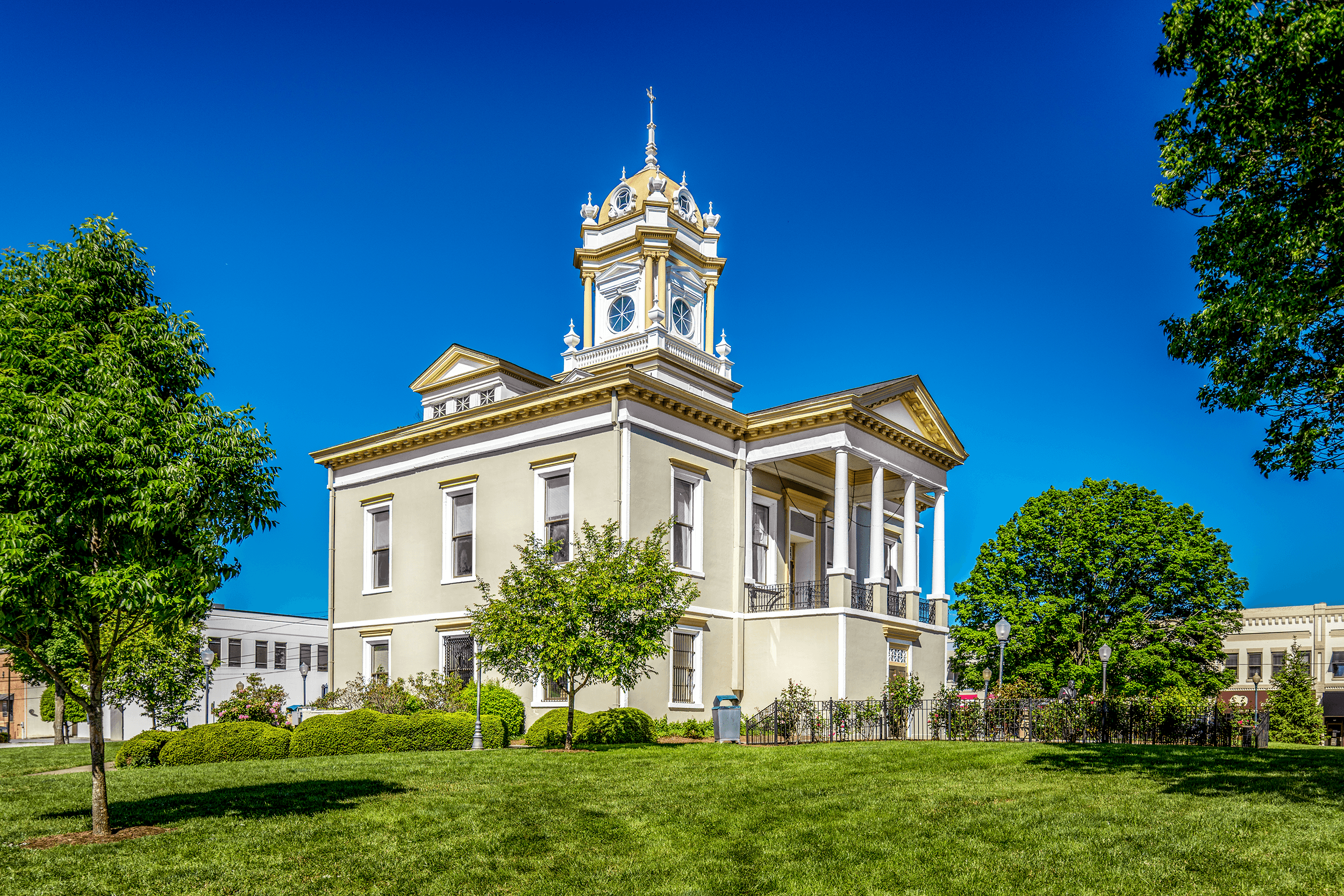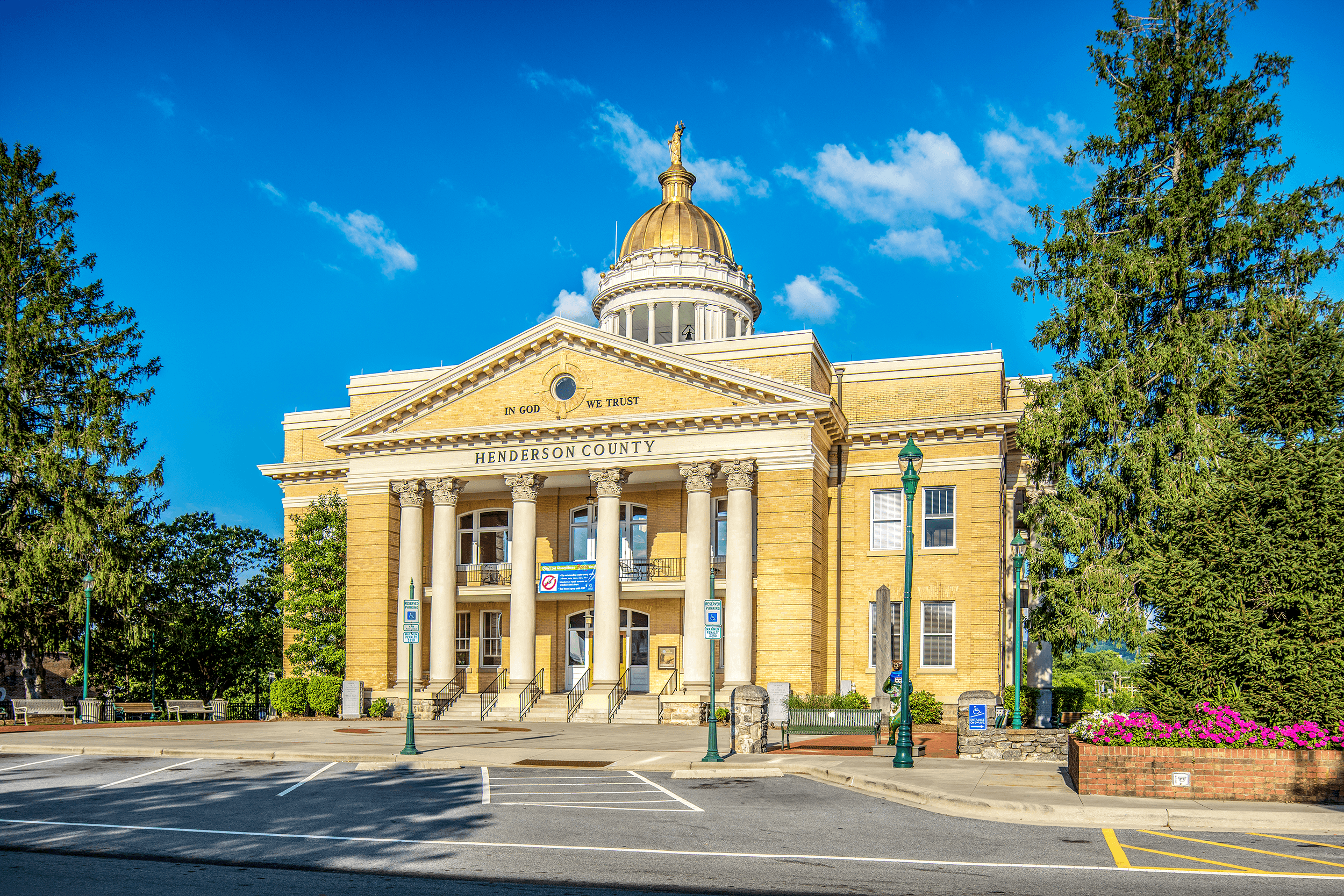Latta Plantation Nature Preserve

Updated: April 2019
A Lovely Park with an Interesting History
Covering an area of over 1,343 acres, Latta Plantation Nature Preserve is Mecklenburg County’s largest nature preserve. It forms a peninsula extending into Mountain Island Lake, which is the drinking water source for over 700,000 residents in Mecklenburg and Gaston counties.
Latta Plantation Nature Preserves features 16 miles (26 km) of trails giving hikers, nature enthusiasts or horseback riders the opportunity to enjoy the beauty of nature with its scenic views of Mountain Island Lake, its streams and forests. As hikers and horseback riders share most of the trails, mountain bikers are only permitted to use the paved roads within the preserve.
Hikers may want to wear firm shoes or hiking boots as most trails go through the forest with tree roots, smaller rocks or fallen tree branches sometimes covering parts of the trail.
Also, there are picnic tables throughout the park where you can rest, enjoy your picnic and of course the beautiful scenery.
Mountain Island Lake is also a good place for fishing. Anglers wanting to fish on the lake must have a valid North Carolina fishing license. Short-term licenses or annual inland licenses are available for non-residents and residents of North Carolina. The easiest way to obtain a permit is to go online and purchase a license using your Visa card or MasterCard.
Latta Plantation Nature Preserve also offers canoe and kayak enthusiasts two landing areas with access to either Mountain Island Lake or Gar Creek.
Covering an area of over 1,343 acres, Latta Plantation Nature Preserve is Mecklenburg County’s largest nature preserve. Along the Cattail Trail (an easy 0.5-mile loop) you can rest on one of the shaded benches and enjoy the spectacular views of Mountain Island Lake.
Two rock outcrops in Mountain Island Lake can be seen along the Cattail Trail.
The northern Canoe Launch for Mountain Island Lake is a perfect place to launch your canoe for a peaceful paddle. Limited car parking is available.
The mature hardwood forest along Split Rock Trail makes for an excellent canopy in the summer heat.
View of the Piedmont Prairie Restoration Site at the southern junction of Split Rock Trail and Hill Trail.
This beautiful view is from the most western point along Cattail Trail. Have a seat on the bench or the rocks at the edge of the lake before heading on to the second half of the trail.
You may also want to visit the Historic Latta Plantation House, which was built by James Latta around 1800. In the 1970s, after the Latta House had lain abandoned for over 20 years, a group of citizens recognized its historical and structural significance and rescued the dilapidated house, restored it and opened the Latta House to the public. In 1972 the Historic Latta Plantation House was included in the National Register of Historic Places.
Historic Latta Plantation House
See What Life was Like on a Plantation
The Latta Plantation House offers guided tours, which run daily. They also offer summer camps, homeschool programs, workshops, and educational field trips. Over 12,000 school children visit this historic site annually.
Several historical events are hosted throughout the year where the Historic Latta Plantation staff dresses in period attire to reenact the history and bring it back to life for everybody to enjoy.
History of the Latta Plantation House
Irish native James Latta (1755-1837) was a traveling merchant and planter, who in 1785 immigrated to the United States with his wife Elizabeth and his two sons William (1781-1829) and Robert (1783-1852). It is believed that he built the Latta Plantation home soon after he had purchased the initial 100 acres east of the Catawba River in 1799. In 1805, James Latta acquired land in York, South Carolina, some 30 miles (48 km) south of his home, where he operated a mercantile business, which his son Robert took over in 1812. By then James Latta had expanded his land holdings around his homestead to 320 acres. He also owned half of a nearby fishery.
The nomination papers for the National Register of Historic Places describe the Latta Plantation House as “an especially interesting early Federal house with a plan unique for its period in North Carolina. The fine stair with elements of Georgian design, the rather elaborate mantels, and the consistent use throughout the house of graceful, skillfully executed early Federal motifs make the Latta House one of the very best of its period in the upper Piedmont.”
The Latta Plantation House became part of the National Register of Historic Places in 1972.
After James Latta’s death in 1837, the property was sold to David Harry, who died in 1849. Four years later in 1853, the property was acquired by William A. Sample. The home remained in the Sample family until 1922, when it was sold to the Catawba Manufacturing Company, which became part of the Duke Power Company in 1927. The house was rented out to tenant farmers until the 1950s when the site was abandoned.
In 1969, the Crescent Land and Timber Corporation, a subsidiary of Duke Power Company, acquired the land adjacent to the house. Today this land, which is now the Latta Plantation Nature Preserve, is owned by Mecklenburg County.
Neglected for over 20 years, the dilapidated Latta Plantation House was discovered by a group of citizens recognizing its historical and structural significance, who then formed a private non-profit entity in the 1970s to save and restore the property and open it to the public.
Nature Preserve:
6211 Sample Road, Huntersville, NC 28078
Tel.: → (704) 875-1391
Historic Latta House:
5225 Sample Road, Huntersville, NC 28078
Tel.: → (704) 875-2312
Nature Preserve:
Mon. to Sun.: 7am to sunset.
Nature Center:
Mon. to Sat.: 9am to 5pm.
Sun.: 1pm to 5pm.
Historic Latta House:
Tue. to Sat.: 10am to 5pm.
Sun.: 1pm to 5pm.
Guided Tours:
Tue. to Sat.: 11am, 12pm, 1pm, 2pm, 3pm and 4pm. On most school days the first Guided Tour will start at 1pm.
Sun.: 2pm, 3pm, 4pm.
All year.
Nature Preserve:
Free admission.
Historic Latta Hosue:
Adults: $9.00.
Seniors (62+): $8.00.
Students: $8.00.
Children (5 and younger): free.
Free on-premise parking.
Several historic events are reenacted in period attire where history is brought back to life for visitors to enjoy.
The Nature Preserve features 16 miles of trails. Hikers may want to wear firm shoes or hiking boots as most trails go through the forest with tree roots, smaller rocks or fallen tree branches covering sometimes parts of the trail.
Mountain bikers are only permitted to use the paved roads within the preserve, as hikers and horseback riders share most of the trails.
Picnic tables and wooden benches are placed throughout the park and offer a wonderful opportunity to enjoy your lunch or are a great place to rest and to relax.












